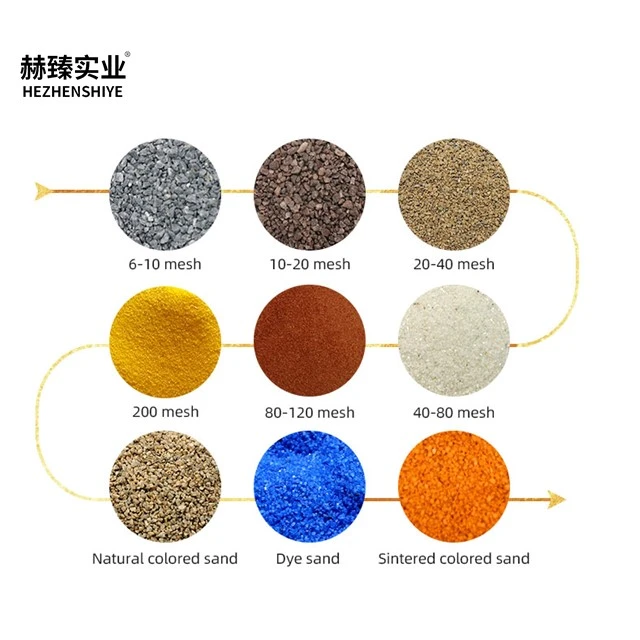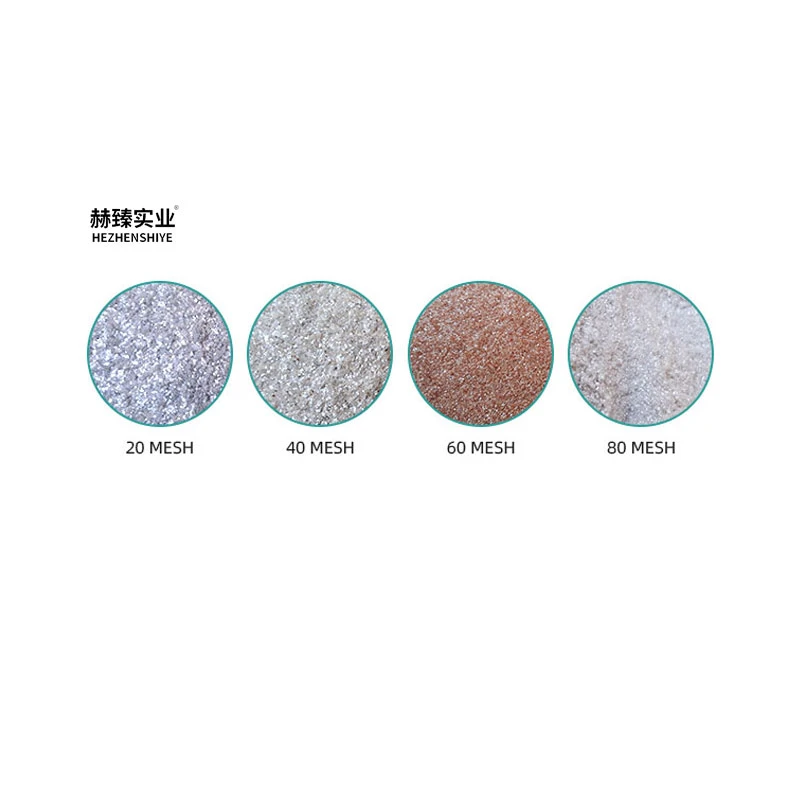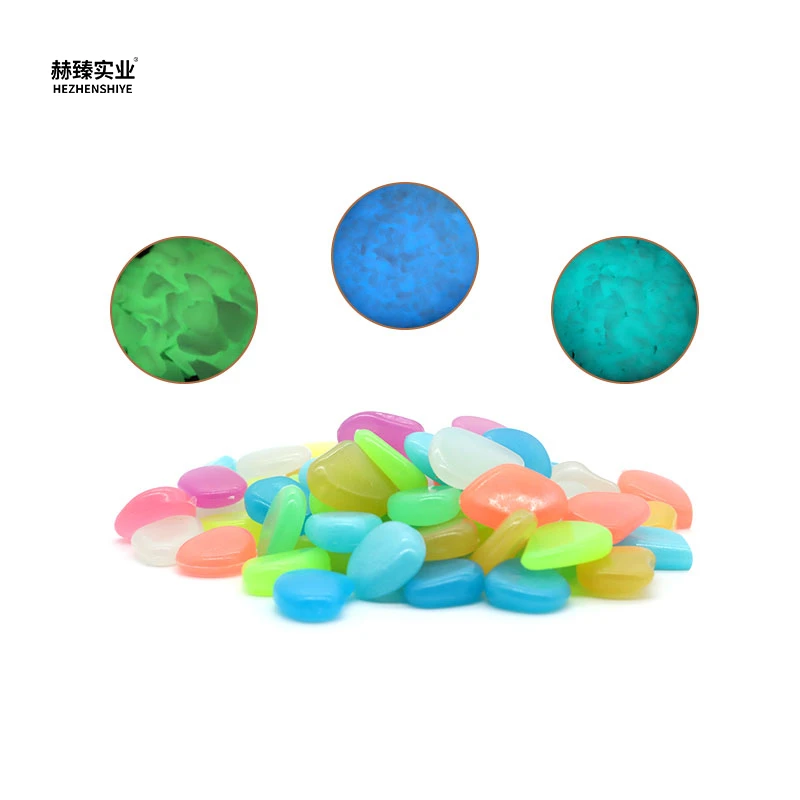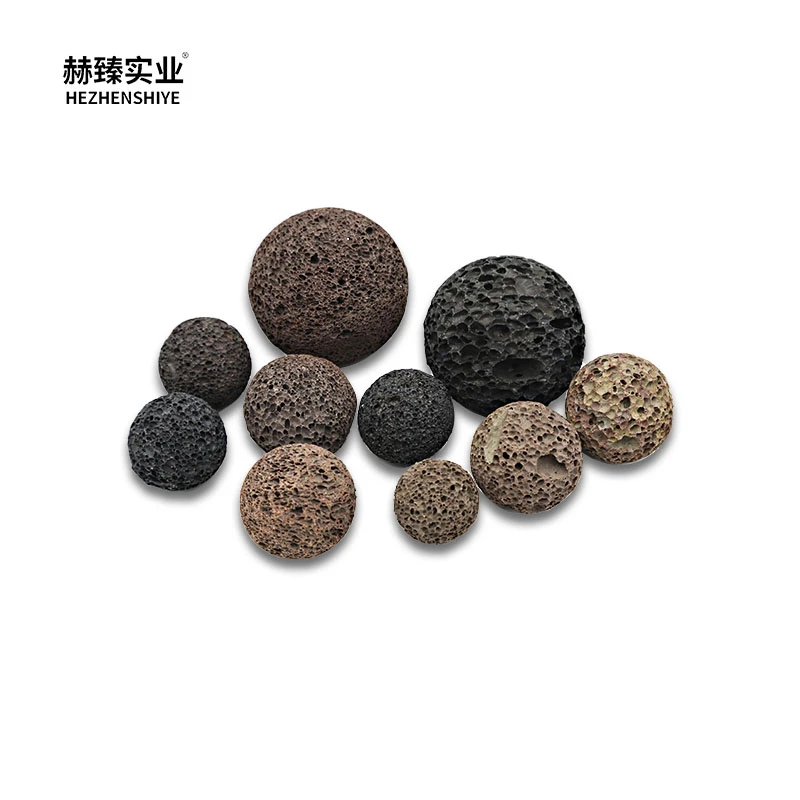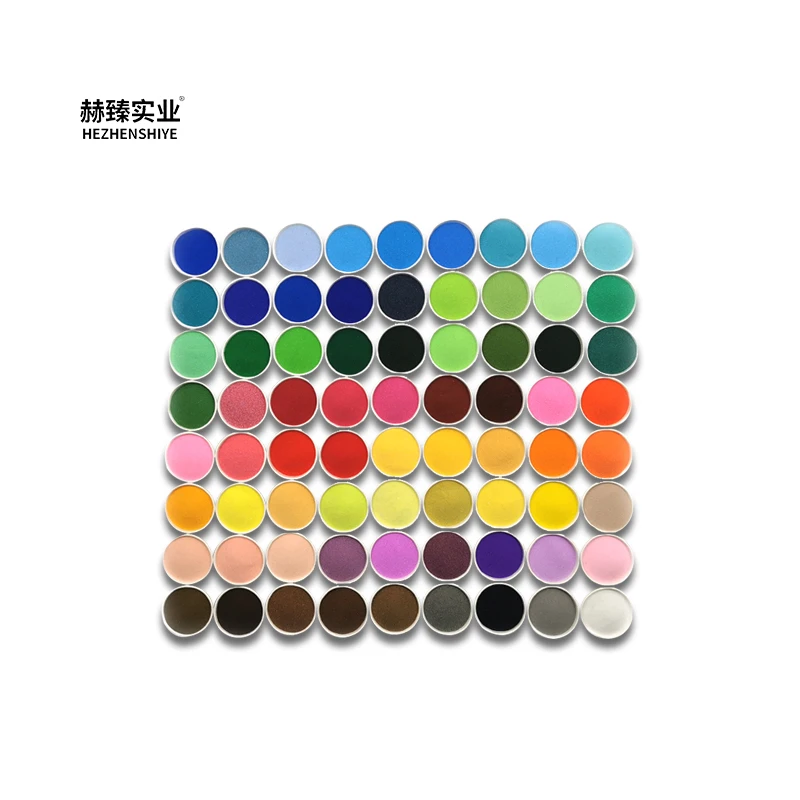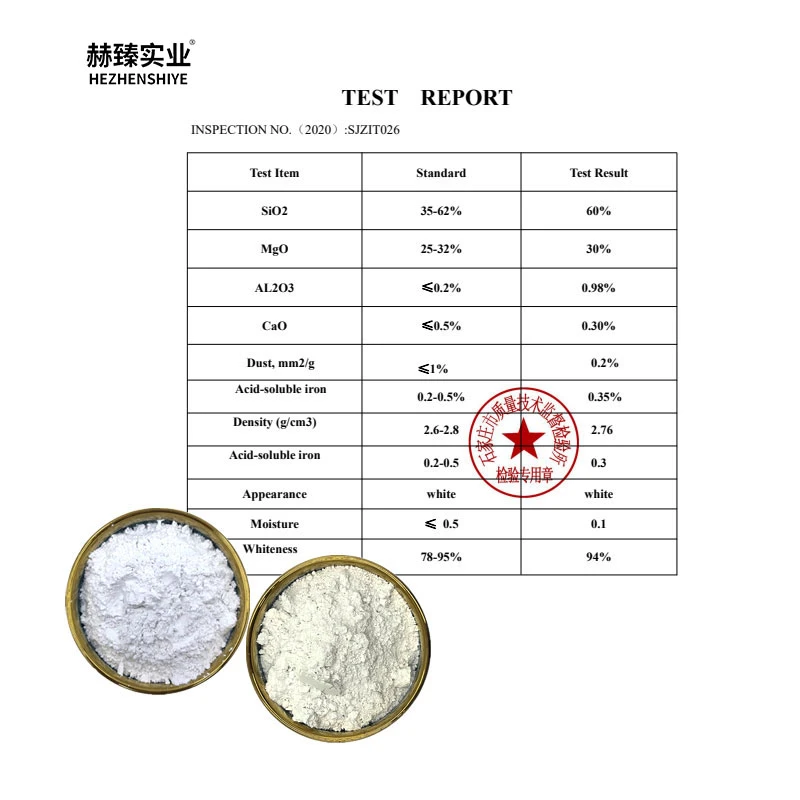Volcanic stone balls for flower bed coverings lightweight building materials industrial applications wall decorations
Volcanic stone balls are spherical formations meticulously crafted from volcanic rock, a remarkable byproduct of intense geological activity. When molten lava meets the cooler atmosphere or water, it rapidly cools and solidifies, giving rise to these unique rocks. Composed of minerals such as basalt, known for its strength and durability; pumice, renowned for its lightweight and porous nature; and olivine, valued for its rich mineral content, volcanic stone balls possess a combination of characteristics that set them apart.
The rapid cooling process of lava traps gas bubbles within the rock, resulting in a highly porous structure. This porosity not only provides a large surface area, which is crucial for various applications, but also contributes to the stone balls' lightweight nature. Moreover, volcanic stone balls contain inherent trace elements such as iron, essential for plant growth and metabolism; calcium, important for cell structure and function; and magnesium, a key component in photosynthesis.
First, the raw material is cut into manageable pieces using specialized cutting equipment designed to handle the hardness of volcanic rock. Next, the cut pieces are shaped into spheres through a combination of mechanical shaping and grinding processes. Advanced computer - controlled machinery ensures that each stone ball is formed with high precision, achieving a uniform shape. Finally, the shaped balls are polished to enhance their smoothness and aesthetic appeal. This meticulous process results in volcanic stone balls with consistent sizes, typically ranging from 1 to 10 centimeters in diameter, making them suitable for a wide array of applications.
In the realm of horticulture, volcanic stone balls play a pivotal role in promoting healthy plant growth. Their porous structure improves soil aeration, allowing oxygen to reach the plant roots more effectively. This enhanced aeration prevents root rot, a common problem caused by waterlogged soil. Additionally, the stone balls aid in water drainage, ensuring that excess water does not accumulate around the roots. They are frequently used as a growing medium for succulents, which thrive in well - drained environments, and orchids, which require a growing medium that provides both support and aeration. Volcanic stone balls are also popular as a top dressing, adding an attractive and natural touch to potted plants and garden beds.
In industrial settings, the heat - resistant and durable nature of volcanic stone balls makes them indispensable. In high - temperature applications, such as in the production of ceramics, glass, and metal smelting, these stone balls are used for thermal insulation. They can withstand extreme temperatures without degrading, effectively reducing heat loss and improving energy efficiency. Additionally, their filtering capabilities make them suitable for use in industrial filtration systems, where they can remove impurities and contaminants from fluids, ensuring the quality and purity of the end product. This wide range of applications across horticulture, aquaculture, and industry truly showcases the versatility of volcanic stone balls.
التالي
هذه هي المقالة الأخيرة






